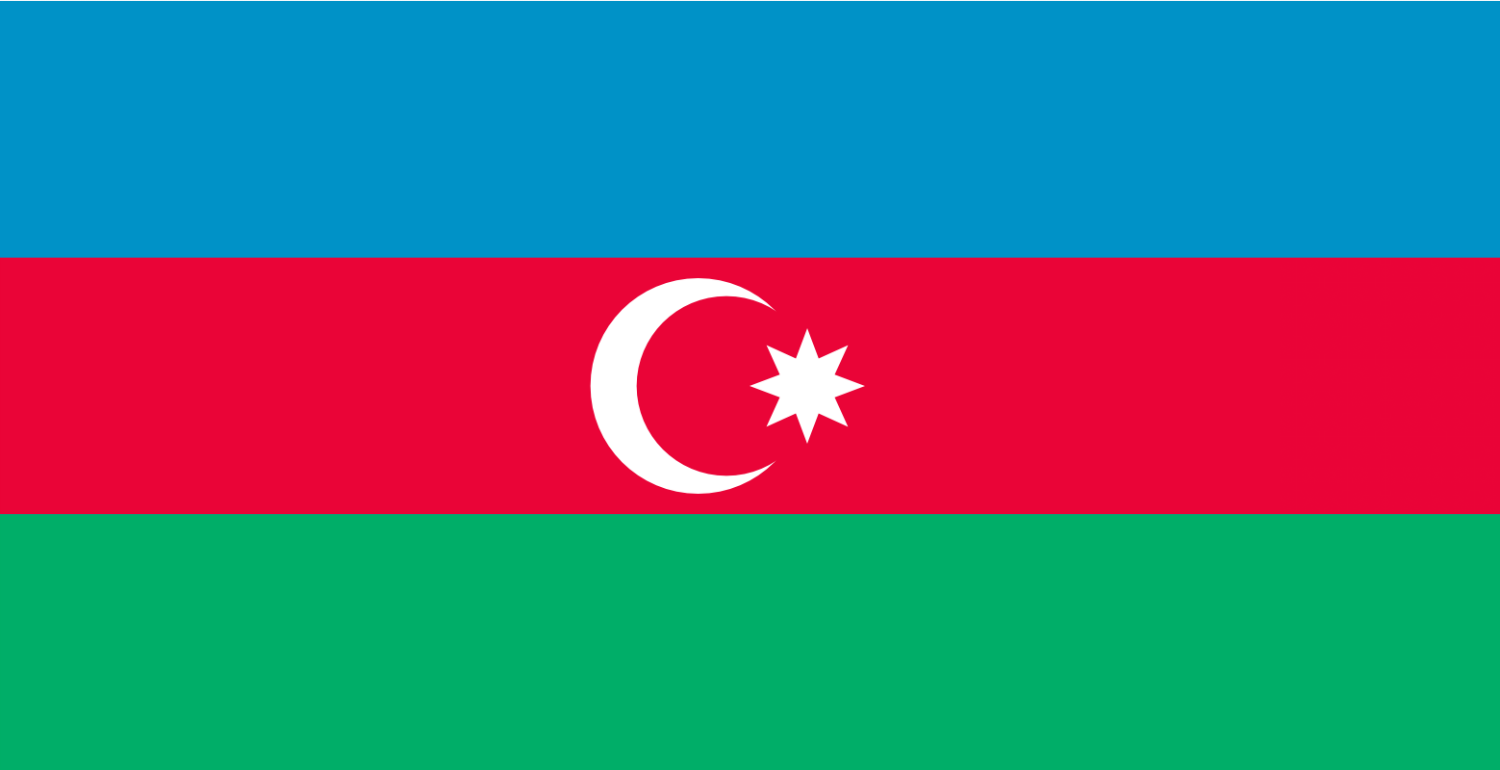On October 11, 1998, Azerbaijan held presidential elections. The contest pitted incumbent President Heydar Aliev, the former Communist Party leader who returned to power in 1993, against moderate opposition leader Etibar Mamedov, political maverick Nizami Suleimanov, and three other candidates with little recognition or following. While no one seriously expected Aliev to lose, the opposition candidates were hoping for a second round.
Five leading opposition politicians—Abulfaz Elchibey, Isa Gambar, Rasul Guliev, Ilyas Ismailov and Lala Shovket—boycotted the vote, unwilling to legitimize by their participation an election they believed would be unfair. Negotiations that took place in August between the government and the boycotting opposition over the most controversial aspect of the election—the composition of the Central Election Commission—proved unsuccessful, with the authorities rejecting the opposition’s demand for equal representation on the CEC. The five leaders, joined by numerous other parties and groups in the Movement for Electoral Reform and Democratic Elections, urged voters not to go to the polls. The authorities minimized the boycott’s significance, arguing that the opposition leaders knew they had no chance in a fair election and therefore preferred to claim fraud and not participate.
Beginning August 15, the boycotting parties organized a series of rallies and demonstrations to pressure the government and call for fair elections. These were the first mass street actions in Azerbaijan in years. The authorities refused to let the opposition hold a demonstration in Freedom Square, in the center of Baku, offering alternative venues instead. On September 12, protesters clashed with police, resulting in arrests and injuries. Afterwards, authorities and opposition tried to reach agreement on the demonstrators’ route, and most pre-election rallies, some of which drew big crowds, were largely peaceful.
The increasingly tense relations between the government and boycotting opposition parties were one factor in the OSCE/ODIHR’s appraisal of the election. In ODIHR’s view, these failings outweighed the positive aspects of the election, such as the election law, which all sides acknowledged as acceptable, the freedom for candidates to speak openly on television, the abolition of censorship and provisions for domestic observers. The OSCE/ODIHR assessment was that the election fell short of meeting international norms. With the OSCE assessment placing in question the official results, the CEC’s failure to publish election protocols until long after the stipulated time period heightens doubts about President Aliev’s standing. The election was largely a referendum on his five-year presidency. Since his return to power in 1993, he has not solved the major problems besetting the country. The NagornoKarabakh conflict remains unsettled; Azerbaijani territory is still under Armenian occupation and no refugees have returned to their homes. Living standards for the great majority of the population have declined precipitously, though it is widely known that a tiny stratum of corrupt officials and businessmen have become rich. Moreover, the predominance of people from Nakhichevan – Aliev’s home region – in positions of power exacerbates general discontent.






